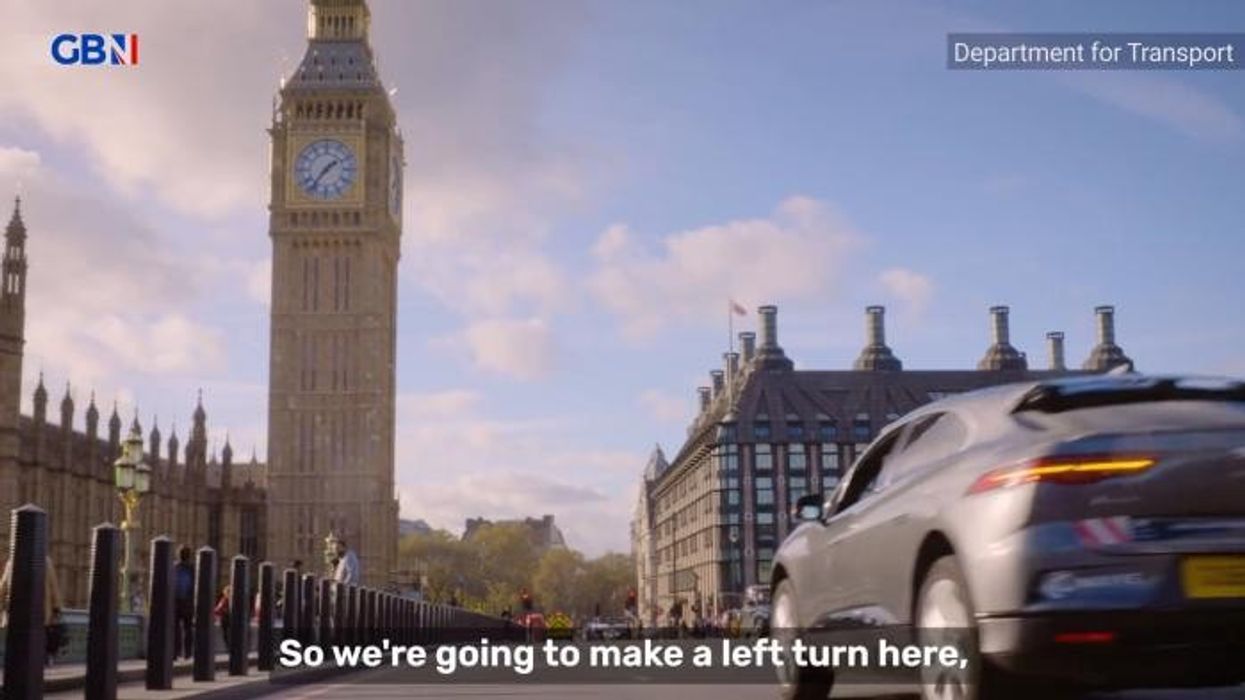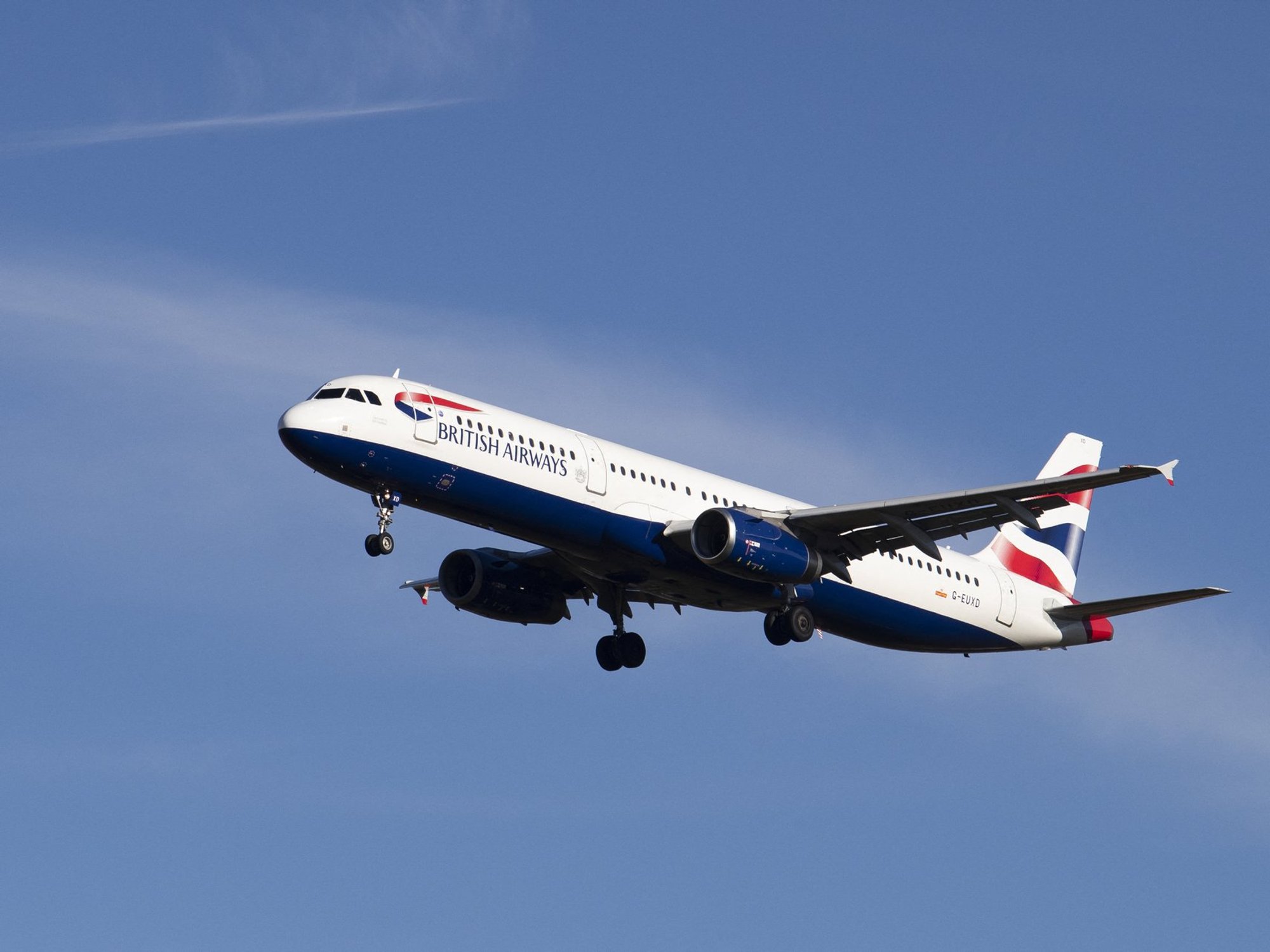Self-driving cars confirmed for UK roads next year with motorists able to hire driverless taxis

The self-driving vehicle industry could be worth £42billion by 2035
Don't Miss
Most Read
Self-driving cars could be seen on UK roads next year as Labour green lights new pilot trials of autonomous vehicles, in a move that could create 38,000 new jobs.
From 2026, self-driving cars without a safety driver could be available for people to ride in by booking a trip through popular ride-hailing apps.
Transport Secretary Heidi Alexander has confirmed that the Government will be pushing forward with its pledge to fast-track self-driving pilots in Spring 2026.
Companies will be able to operate small-scale "taxi- and bus-like" services with a safety driver.
Do you have a story you'd like to share? Get in touch by emailing motoring@gbnews.uk
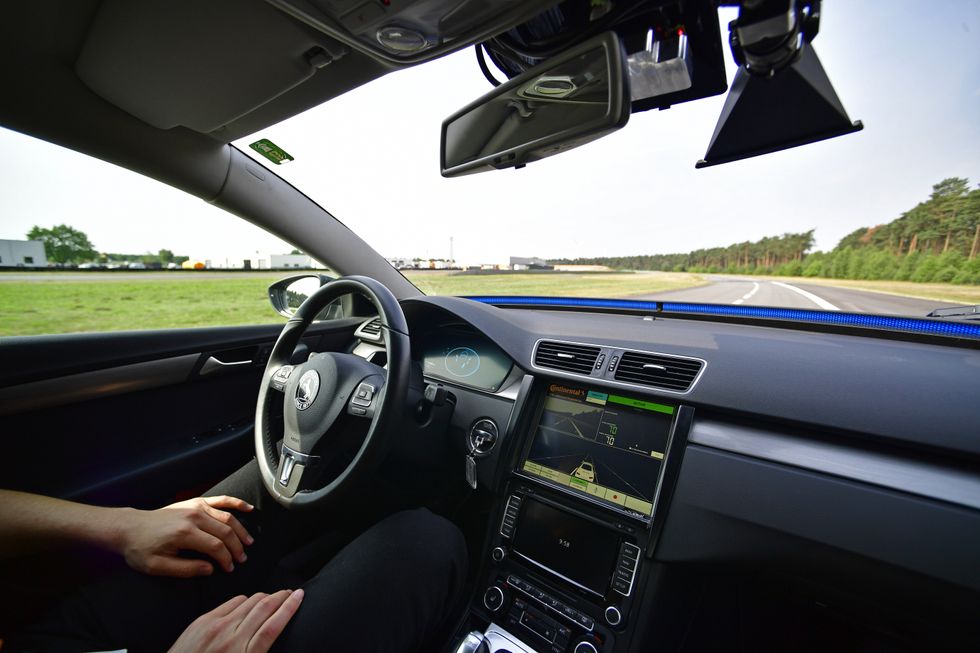
Self-driving cars could be available for hire in the UK as soon as next year
|GETTY
This will act as the precursor to the wider rollout of such vehicle technology before the Automated Vehicles Act becomes law in the second half of 2027.
Commenting on the announcement, the Transport Secretary said the "future of transport" was arriving for motorists across the UK.
She added: "Self-driving cars could bring jobs, investment, and the opportunity for the UK to be among the world-leaders in new technology.
"With road safety at the heart of our pilots and legislation, we continue to take bold steps to create jobs, back British industry, and drive innovation to deliver our Plan for Change."
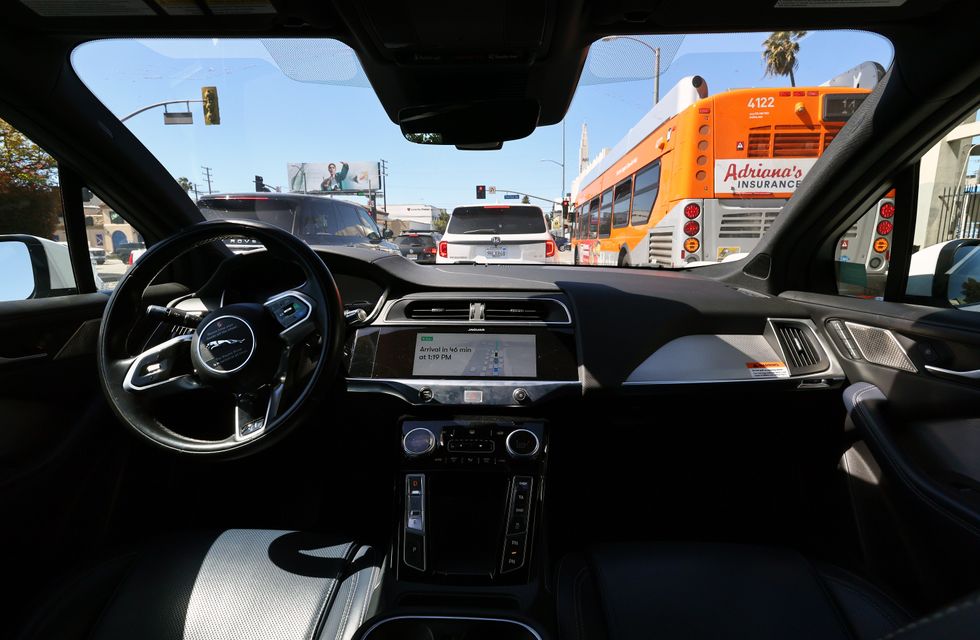
Self-driving taxis are already being used across the United States
|GETTY
The Government suggests the new rules could create 38,000 jobs by 2035, as well as creating an industry worth a staggering £42billion.
Labour hopes the new pilot schemes will make roads safer and reduce human error, which contributes to 88 per cent of all road collisions.
The autonomous vehicles have been praised for having faster reaction times than humans, as well as learning from real-world incidents.
When it becomes law in 2027, the Automated Vehicles Act will require self-driving vehicles to achieve a level of safety "at least as high as competent and careful human drivers".
LATEST DEVELOPMENTS:
Peter Kyle, Technology Secretary, also backed the use of new self-driving technology, noting that the UK can't afford to "take a back seat on AI".
He added: "That’s why we're bringing timelines forward today, placing the UK firmly in the fast lane and creating opportunity along the way so people across the country benefit."
Self-driving trials have already taken place across the UK, and have been in operation since January 2015. British companies Wayve and Oxa have been at the forefront of the developing technology.
Wayve in particular has been making major strides in the sector, with investment of more than $1billion (£740million), alongside partnerships with Nissan and Uber.
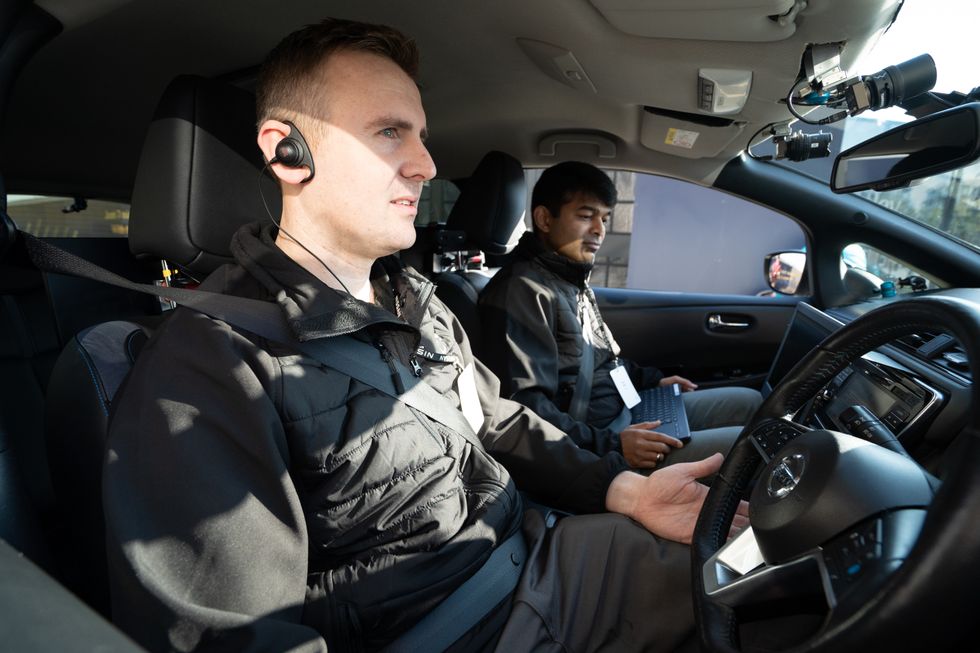 The self-driving sector could be worth £42billion in 2035 | PA
The self-driving sector could be worth £42billion in 2035 | PAAlex Kendall, co-founder and CEO of Wayve, said: "Accelerating commercial self-driving pilots to 2026 positions the UK as a leading destination for the deployment of L4 self-driving technology.
"These early pilots will help build public trust and unlock new jobs, services, and markets. For Wayve, this means we can prioritise the UK for early deployment and help deliver safer, cleaner mobility to the UK. We’re excited to bring the benefits of L4 autonomous mobility to cities around the UK."
The Government has also launched a call for evidence on what safety standards should be sought for automated vehicles when they launch in the UK.
The call for evidence, which ends on September 1, is aiming to hear from key players on how the safety principles may be used and how they could be measured.


